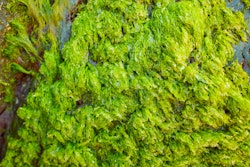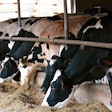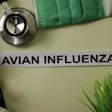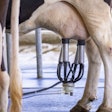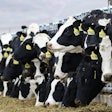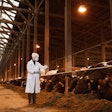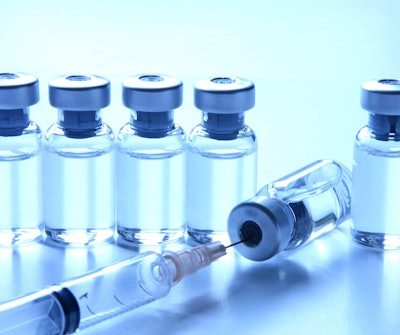
An avian influenza killed vaccine for chickens manufactured by Zoetis received conditional approval from the U.S. Department of Agriculture (USDA) Center for Veterinary Biologics (CVB) on February 14.
A conditional license is valid for a finite period and used to meet an emergency condition, limited market, local situation or other special circumstance. The vaccine must still receive final approval from USDA before it can be used in commercial poultry, Science reports.
More than 100 million birds in the U.S. have been impacted by highly pathogenic avian influenza (HPAI) during the 2022-2025 outbreak, according to the USDA Animal and Plant Inspection Service (APHIS).
“When a new strain of HPAI was identified in the U.S. in early 2022, our scientists immediately began work to update our previous avian influenza vaccine,” said Mahesh Kumar, Ph.D., senior vice president, global biologics research and development at Zoetis.
“We first worked on HPAI vaccines in 2001-02 when outbreaks occurred in flocks in Southeast Asia. Our readiness with this most recent vaccine is another example of how we continue to live our purpose to nurture the world and humankind by advancing care for animals, ultimately providing solutions to global animal health challenges.”
Other vaccines against HPAI manufactured by Zoetis are available in smaller markets outside the U.S.
Growing support for HPAI vaccination in US
In the past, controlling HPAI has relied primarily on the depopulation of affected flocks and enhanced biosecurity measures, however there as been growing support towards vaccination as the outbreak continues.
Among those supportive of the development of HPAI vaccines are the National Turkey Federation (NTF), United Egg Producers (UEP), International Dairy Foods Association (IDFA) and National Milk Producers Federation (NMPF). Leaders from the four organizations recently wrote to newly confirmed U.S. Agriculture Secretary Brooke Rollins, requesting a meeting with her to discuss their concerns and develop a “path forward.”
“We are writing today to request that USDA and its federal partners bring a new sense of urgency and preparedness to the ongoing response by supporting the development of effective H5Nx vaccinations for dairy cows, turkeys and egg-laying hens that can be deployed to ensure this virus does not continue to negatively impact U.S. public and animal health. We urge USDA to complete the ongoing safety and efficacy field trials work led by the Agricultural Research Service (ARS) to evaluate vaccines that are effective in addressing H5Nx in commercial poultry and dairy cattle, and to conduct concurrent comprehensive risk assessments for each. Any approved vaccine must be effective against current and future strains of H5Nx and economically feasible for farmers and operators,” the letter read.
HPAI vaccination is in use, notably France, which introduced mandatory HPAI vaccination of commercial duck flocks in October of 2023, and began a second round of vaccinations in the same month of last year.
In a January Future of Poultry Podcast, Kay Russo, DVM and partner at RSM Consulting called HPAI vaccination in the U.S. a “billion dollar topic” and “contentious issue,” but said “vaccination of poultry and other at risk species really needs to be considered now and in the immediate future.”
Concerns about trade
Amidst growing support to implement a vaccination program against HPAI in commercial poultry in the U.S., there are others voicing concerns about how it could negatively impact trade.
In a February 13 letter to the USDA, the co-chairs of the Congressional and Senate Chicken Caucuses – Sens. Roger Wicker (R-MS) and Chris Coons (D-DE) and Reps. Steve Womack (R-AR) and Jim Costa (D-CA) – wrote that “vaccination in any poultry sector – egg layers, turkeys, broilers, or ducks – will jeopardize the entire export market for all U.S. poultry products.”
“The problem is that most U.S. trading partners do not recognize countries that vaccinate as free of HPAI due to concerns that vaccines can mask the presence of the virus,” the letter continued.
The National Chicken Council (NCC) concurred.
In a statement, NCC president Harrison Kircher said ““We strongly agree that as the administration contemplates an HPAI strategy, any such action be predicated with robust trade protections for America’s broiler producers. The potential export losses that are likely to occur as a result of vaccination would have a devastating impact on thousands of family farmers who raise the birds.”
View our continuing coverage of the global avian influenza situation.
To learn more about HPAI cases in commercial poultry flocks in the United States, Mexico and Canada, see an interactive map on WATTPoultry.com.




